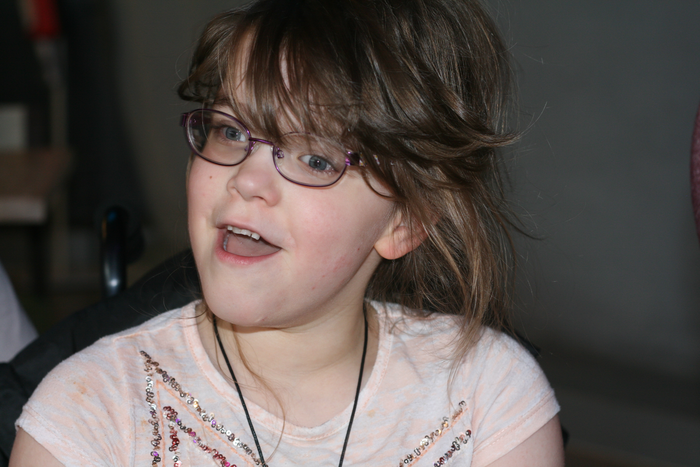An important link has been found between the intellectual disability experienced by children with the rare disease Joubert Syndrome (JS) and defects in the hippocampus. The hippocampus is the part of the brain associated with learning and memory. It also plays a role in various neurological and psychiatric disorders.

Credit: JSUK
An important link has been found between the intellectual disability experienced by children with the rare disease Joubert Syndrome (JS) and defects in the hippocampus. The hippocampus is the part of the brain associated with learning and memory. It also plays a role in various neurological and psychiatric disorders.
Biologists at the University of Bath in the UK, led by Dr Vasanta Subramanian, made this link in animal models by manipulating a gene (one of 34) known to cause JS in humans. Results from the study are published in Human Molecular Genetics.
By creating a deletion in the gene Talpid3 in healthy mice, graduate student Andrew L Bashford found that animals went on to develop defects to the primary cilia – a cell structure that is essential in the development of the hippocampus. When examining the brains of mutant animals, the researchers observed defects in the hippocampus that bore a striking resemblance to those found in children with JS.
The primary cilia – long, thin organelles that protrude from the surface of most cells – work like cellular antennae, sending signals from the external environment of the cell to the interior, instructing the cell on how to behave (e.g. should it migrate, divide, stop dividing?). Primary cilia are important for the structure and function of many types of cells, including brain cells.
The findings from the study suggest a link between hippocampal defects, and the learning and memory deficits seen in JS patients. Malformations in the hindbrain (the lower part of the brainstem) are already known to be responsible for many of the physical symptoms associated with JS.
“This is the first time we have seen a link between changes to the hippocampus and this disease in mouse models,” said Dr Subramanian. “This is an exciting area of research that we hope to continue making a contribution to. Joubert Syndrome is one of many rare diseases that has a devastating impact on those affected and is now rightly getting the research attention it deserves.”
With further research on animal models, Dr Subramanian and her team expect to deepen their understanding of the causes of JS. In time, they hope drugs will be developed to target some of the genes or proteins involved in the disease, thereby alleviating symptoms or stopping the disease from developing in the first place.
Joubert Syndrome is a rare childhood disease that leads to poor muscle coordination, developmental delay, abnormal eye movements and neonatal breathing abnormalities. It is estimated that between 1 in 80,000 and 1 in 100,000 newborns are affected by the condition.
Speaking on behalf of the family-support organisation Joubert Syndrome UK, Faith Douthwaite said: “We are delighted to hear about this new research, and also appreciate the dedication of medical professionals who continue to unravel the mysteries of Joubert Syndrome so as to improve the health and wellbeing of our beautiful and unique children.”
Journal
Human Molecular Genetics
DOI
10.1093/hmg/ddac095
Method of Research
Experimental study
Subject of Research
Animals
Article Title
Hippocampal neurogenesis is impaired in mice with a deletion in the coiled coil domain of Talpid3-implications for Joubert Syndrome
Article Publication Date
26-Apr-2022




